Voting Rights Workshops
Hawk The Vote has a variety of workshops available for your student group, organization, or faculty work group on the topic of voting history and suppression. We have topics ranging from the 19th Amendment to youth voter suppression. Contact our Education Director for more information!

Know Your Rights
Federal laws prohibit discrimination in voting based on race, color, previous condition of servitude, sex, disability, being a member of a language minority, or age if you are 18 years of age or older. If you think you were discriminated against when you tried to vote or register to vote, file a complaint with the U.S. Department of Justice.
History of Voter Suppression
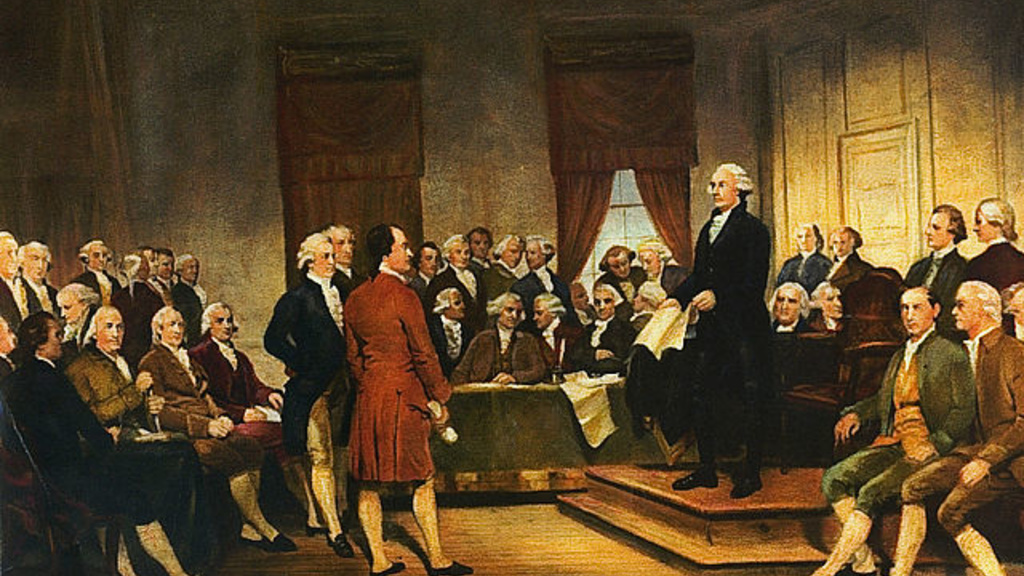
Pre-Civil War
The right to vote wasn't explicitly guaranteed in the U.S. Constitution. When it was originally ratified, the Founding Fathers dictated that each state could decide how Representatives and Senators were elected, not the federal government. This allowed for wealthy, white men to remain in power for a long time. Women, people of color, and young people were disenfranchised or only given partial voting rights until 1920, 1965, and 1971, respectively.
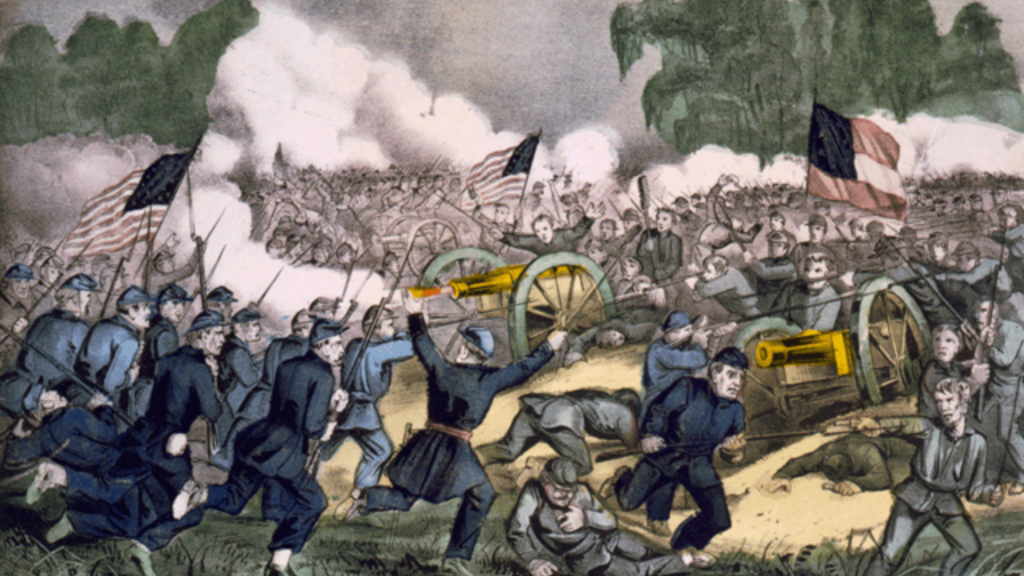
Civil War and Voting Rights
The 15th Amendment prohibited the state from denying someone the right to vote based on "race, color, or previous condition of servitude." For the first time in U.S. history, the federal government gave directives on how states must run their elections. Although the 15th Amendment provided voting rights to black men many were still disenfranchised by policy that emerged following its ratification.
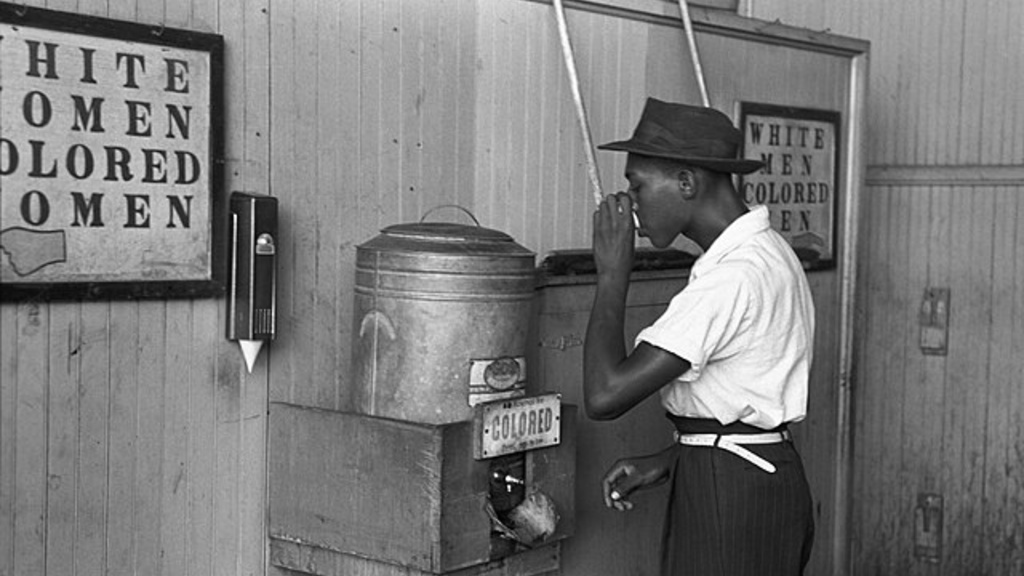
Historical Forms of Voter Suppression
White southerners intimidated black voters while policy formed roadblocks to voting. In 1890, Mississippi held a statewide convention aimed at circumventing the 15th Amendment. Their strategies included poll taxes and literacy tests on top of the intimidation and harassment. Within 5 years, all southern states adopted similar measures that came to be known as Jim Crow Laws.
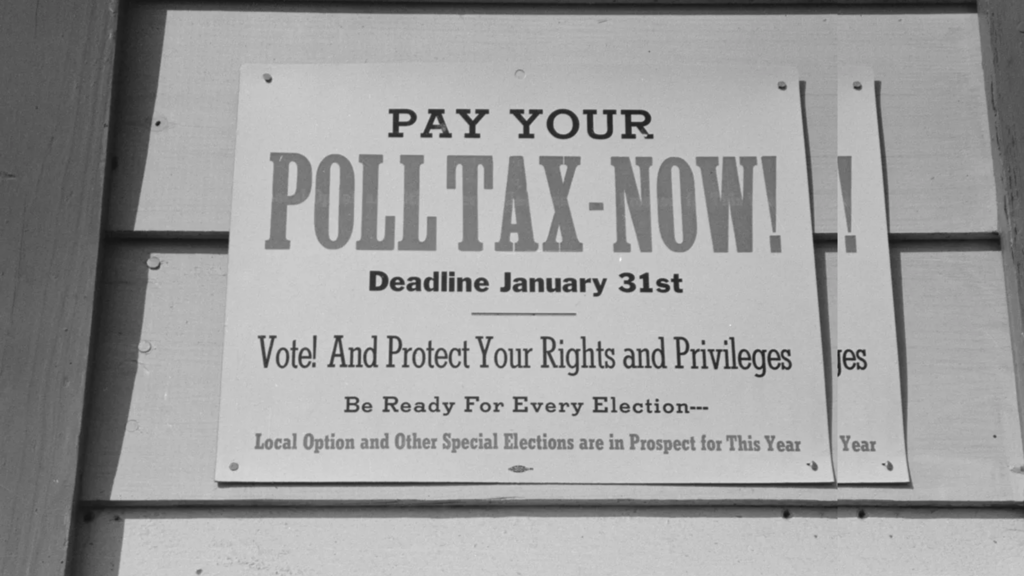
Poll Taxes and Literacy Tests
Poll Taxes
A poll tax was simply a tax paid to vote. Poll taxes emerged following the 15th Amendment as a way to disenfranchise black voters—many African Americans living during Reconstruction were navigating life after slavery, so most couldn't pay the poll tax and therefore couldn't vote. The 24th Amendment made taxation illegal.
Literacy Tests
Literacy tests were given at the polls as a means to weed out certain voters based on education level, which often correlated to class and income. Such tests were disproportionately administered to black voters. Many of these tests were arbitrary and a single wrong answer would disqualify you.
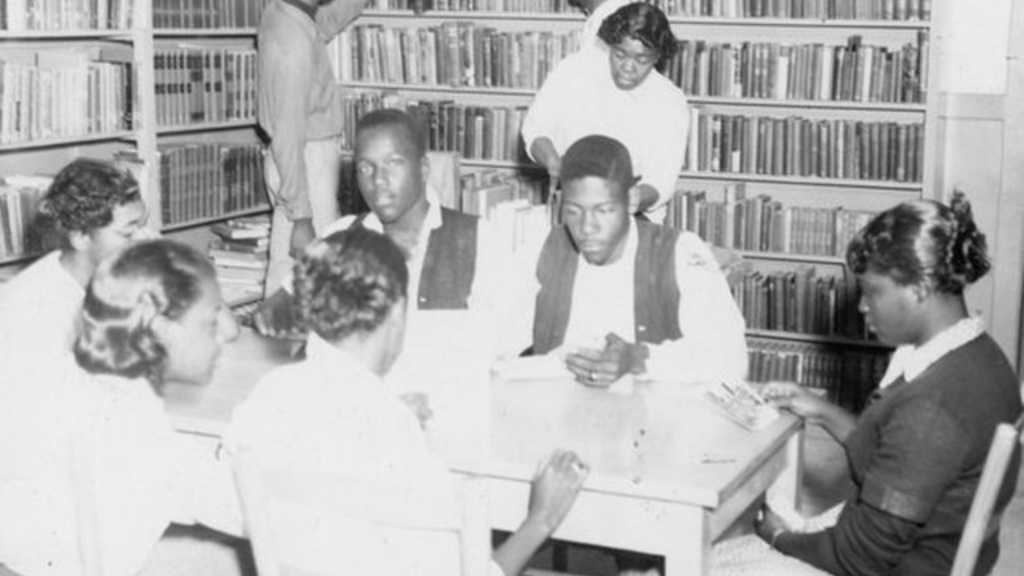
Jim Crow Laws
Laws introduced between Reconstruction and the early-20th century in the Southern U.S. that enforced racial segregation. The term "Jim Crow" came from white comedian and minstrel Thomas Rice, and became a nickname for black people. A minstrel was a white entertainer who performed shows based on stereotyped depictions of African Americans. By 1892, Mississippi had decreased Black male voter registration from 90% to 6%, mainly due to Jim Crow laws, poll taxes, and poll harassment.
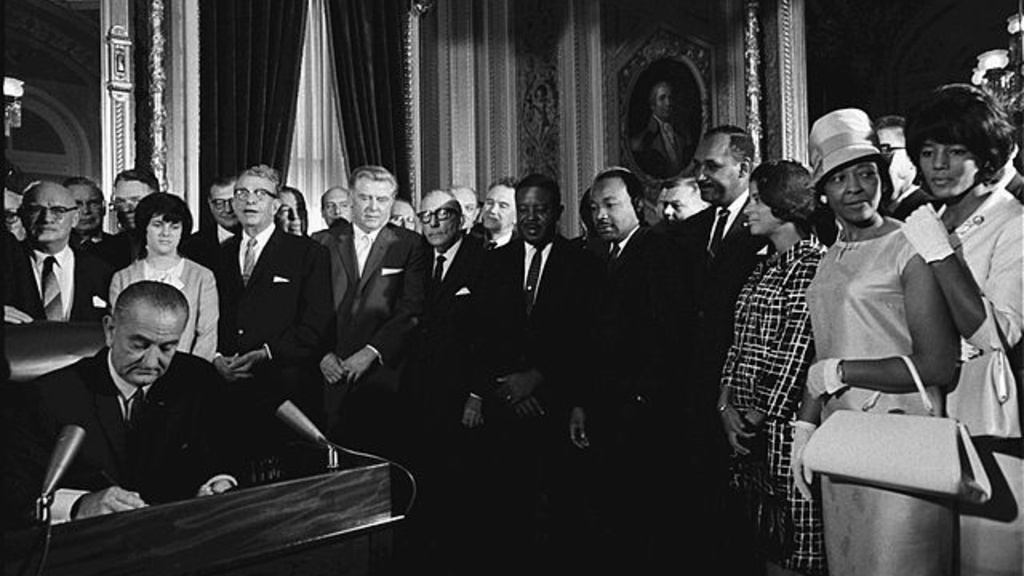
The Voting Rights Act of 1965
In 1965, the federal government passed the Voting Rights Act, the most comprehensive election reform in U.S. history. The law made all Jim Crow strategies illegal. Plus, it set up federal oversight over localities with a history of voter discrimination. In 2013, in Shelby County v. Holder, the Supreme Court overturned certain federal oversights on voting rights. This decision gave state lawmakers space to make it harder for ethnic minority voters to vote.
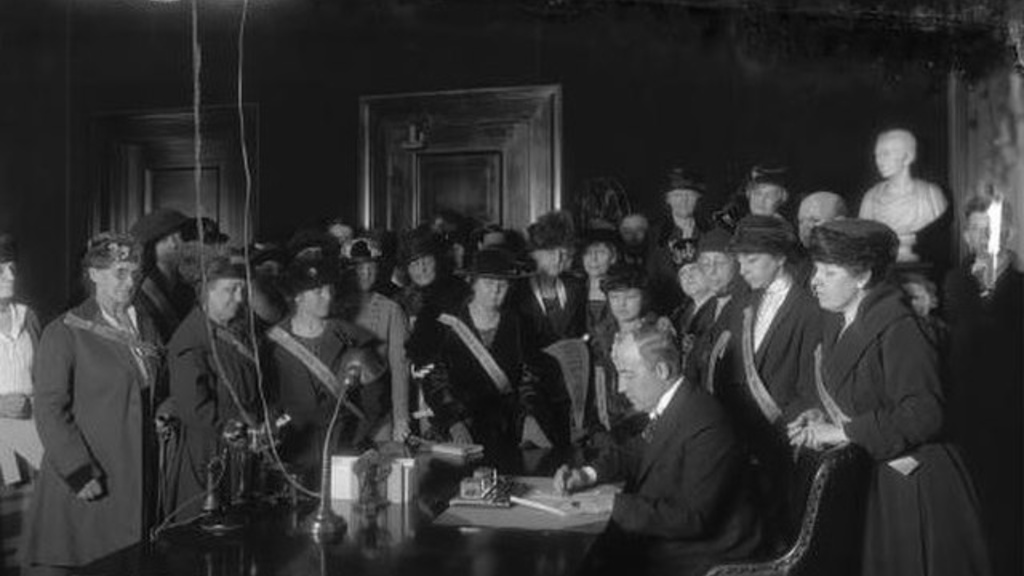
19th Amendment
Women advocated for themselves through the civil war, during reconstruction and WWI.
States like Utah and Idaho granted women the right to vote before the 19th amendment was ratified. Because of the work women did during WWI, this persuaded many that women were just as patriotic as men and therefore were deserving of the right to vote. This wasn’t without much inner controversies within the suffragist movement, however.
![Former Sen. Eugene J. McCarthy of Minnesota leads more than 500 Valley State College [now California State University, Northridge] students in a march to Teledyne Inc. of Northridge. The firm, protesting students said, supplies products used by the military in Vietnam. McCarthy, who gave an antiwar speech on the campus Wednesday, led the march for about five blocks and then was whisked away in an automobile.](/sites/vote.uiowa.edu/files/styles/widescreen__1024_x_576/public/2024-08/Eugene_J._McCarthy_with_students_on_anti-war_march.jpg?h=732e3ad0&itok=ycZX2ugY)
25th Amendment
Young people were also once targeted by voter suppression tactics. The Vietnam war created a moment where young people, specifically college students were beginning to organize and become increasingly politically active. Lowering the voting age to 18 became an issue that many different political groups began organizing around, especially as "young" men were drafted for Vietnam. A national campaign launched in the 1970s to lower the voting age to 18 years old. This lead to the passage of the 25th Amendment, which granted all citizens eighteen years and older the right to vote.
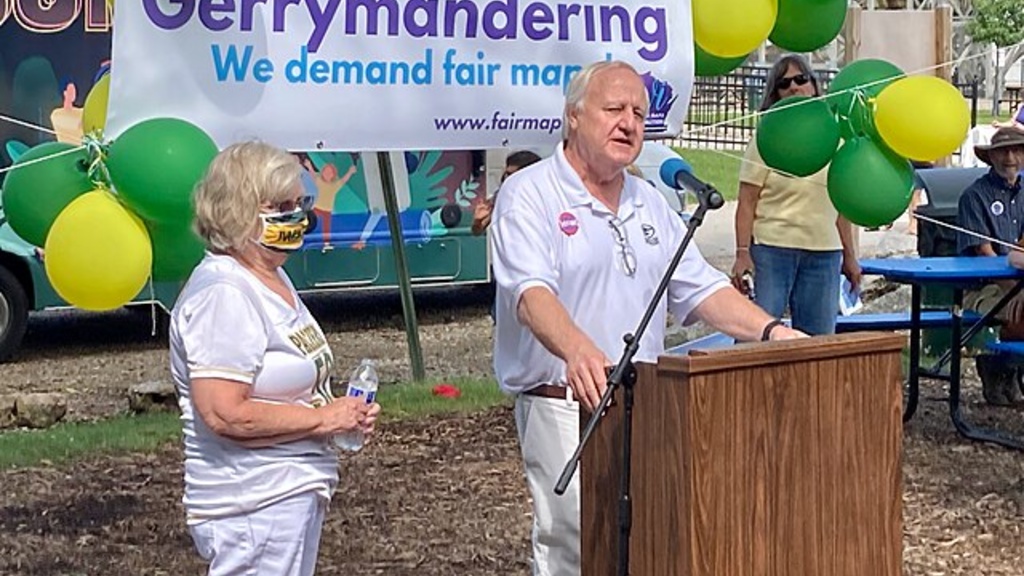
Voting Suppression Today
One of the most notable ways to suppress voter’s power is through gerrymandering. Closing of polling locations, voter ID laws, signature match, and other obstacles prevent many individuals from voting. Getting involved in politics doesn’t mean you have to support one party or another -- you can be an advocate for change in this realm!